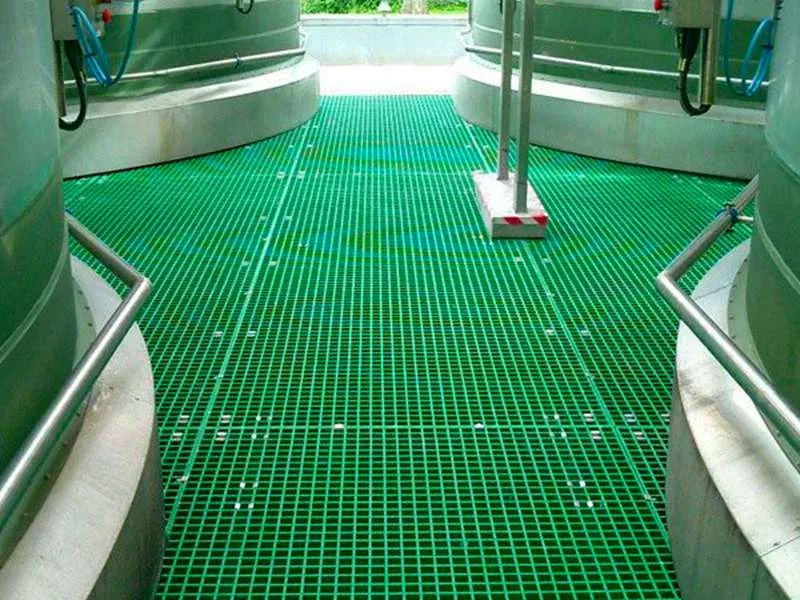
-
 Afrikaans
Afrikaans -
 Albanian
Albanian -
 Amharic
Amharic -
 Arabic
Arabic -
 Armenian
Armenian -
 Azerbaijani
Azerbaijani -
 Basque
Basque -
 Belarusian
Belarusian -
 Bengali
Bengali -
 Bosnian
Bosnian -
 Bulgarian
Bulgarian -
 Catalan
Catalan -
 Cebuano
Cebuano -
 China
China -
 China (Taiwan)
China (Taiwan) -
 Corsican
Corsican -
 Croatian
Croatian -
 Czech
Czech -
 Danish
Danish -
 Dutch
Dutch -
 English
English -
 Esperanto
Esperanto -
 Estonian
Estonian -
 Finnish
Finnish -
 French
French -
 Frisian
Frisian -
 Galician
Galician -
 Georgian
Georgian -
 German
German -
 Greek
Greek -
 Gujarati
Gujarati -
 Haitian Creole
Haitian Creole -
 hausa
hausa -
 hawaiian
hawaiian -
 Hebrew
Hebrew -
 Hindi
Hindi -
 Miao
Miao -
 Hungarian
Hungarian -
 Icelandic
Icelandic -
 igbo
igbo -
 Indonesian
Indonesian -
 irish
irish -
 Italian
Italian -
 Japanese
Japanese -
 Javanese
Javanese -
 Kannada
Kannada -
 kazakh
kazakh -
 Khmer
Khmer -
 Rwandese
Rwandese -
 Korean
Korean -
 Kurdish
Kurdish -
 Kyrgyz
Kyrgyz -
 Lao
Lao -
 Latin
Latin -
 Latvian
Latvian -
 Lithuanian
Lithuanian -
 Luxembourgish
Luxembourgish -
 Macedonian
Macedonian -
 Malgashi
Malgashi -
 Malay
Malay -
 Malayalam
Malayalam -
 Maltese
Maltese -
 Maori
Maori -
 Marathi
Marathi -
 Mongolian
Mongolian -
 Myanmar
Myanmar -
 Nepali
Nepali -
 Norwegian
Norwegian -
 Norwegian
Norwegian -
 Occitan
Occitan -
 Pashto
Pashto -
 Persian
Persian -
 Polish
Polish -
 Portuguese
Portuguese -
 Punjabi
Punjabi -
 Romanian
Romanian -
 Russian
Russian -
 Samoan
Samoan -
 Scottish Gaelic
Scottish Gaelic -
 Serbian
Serbian -
 Sesotho
Sesotho -
 Shona
Shona -
 Sindhi
Sindhi -
 Sinhala
Sinhala -
 Slovak
Slovak -
 Slovenian
Slovenian -
 Somali
Somali -
 Spanish
Spanish -
 Sundanese
Sundanese -
 Swahili
Swahili -
 Swedish
Swedish -
 Tagalog
Tagalog -
 Tajik
Tajik -
 Tamil
Tamil -
 Tatar
Tatar -
 Telugu
Telugu -
 Thai
Thai -
 Turkish
Turkish -
 Turkmen
Turkmen -
 Ukrainian
Ukrainian -
 Urdu
Urdu -
 Uighur
Uighur -
 Uzbek
Uzbek -
 Vietnamese
Vietnamese -
 Welsh
Welsh -
 Bantu
Bantu -
 Yiddish
Yiddish -
 Yoruba
Yoruba -
 Zulu
Zulu
fiberglass pipes and fittings for ship building
Fiberglass Pipes and Fittings for Shipbuilding
In the ever-evolving world of shipbuilding, materials play a crucial role in determining the efficiency, durability, and overall performance of vessels. Among the various materials available, fiberglass pipes and fittings have emerged as a leading choice for maritime applications due to their unique advantages. This article delves into the significance of fiberglass pipes and fittings in shipbuilding and explores why they are becoming increasingly popular in the marine industry.
Fiberglass, composed of fine glass fibers and resin, offers an exceptional combination of strength and lightweight properties. Unlike traditional materials such as steel or wood, fiberglass is resistant to corrosion and degradation from seawater, making it an ideal choice for ships that operate in harsh marine environments. This resistance to corrosion extends the lifespan of the pipes and fittings, reducing maintenance costs and enhancing the vessel's overall operational efficiency.
Moreover, the lightweight nature of fiberglass significantly impacts the design and construction of ships
. By utilizing fiberglass pipes, shipbuilders can reduce the overall weight of the vessel, leading to improved fuel efficiency and increased cargo capacity. A lighter ship requires less energy to propel, which translates to lower fuel consumption and reduced emissions, aligning with the industry's growing focus on sustainability.In addition to their physical attributes, fiberglass pipes and fittings are also versatile in terms of application. They can be used in various systems aboard ships, including plumbing, drainage, cooling, and fire suppression. The ability to tailor the design of fiberglass components allows for customization specific to a vessel's operational needs, thereby improving functionality and efficiency.
fiberglass pipes and fittings for ship building

One of the standout features of fiberglass pipes is their seamless construction, which minimizes the risk of leaks. Traditional metal pipes often face challenges such as weld failures or joints weakening over time, leading to potential failures. In contrast, fiberglass piping systems provide a continuous flow path that enhances reliability. This is particularly vital in critical systems where leaks can result in significant safety hazards and operational disruptions.
Furthermore, fiberglass is an excellent thermal insulator, making it suitable for applications where temperature control is essential. Whether it's managing the heat generated by machinery or maintaining the temperature of cargo, fiberglass fittings ensure that thermal performance is optimized, thereby protecting both equipment and products on board.
Despite these advantages, it is essential to recognize that the successful integration of fiberglass pipes and fittings requires proper installation and adherence to manufacturing standards. It is crucial for shipbuilders and marine engineers to collaborate closely with material suppliers to ensure that the right specifications are met for different applications.
In conclusion, the utilization of fiberglass pipes and fittings in shipbuilding represents a significant advancement in maritime technology. Their resistance to corrosion, lightweight nature, versatility, and reliability make them an attractive choice for modern vessels. As the industry continues to prioritize sustainability and efficiency, fiberglass materials are likely to play an increasingly vital role in the future of shipbuilding. By embracing these innovative solutions, the maritime sector can enhance performance, reduce environmental impact, and ensure the longevity of its fleets.
Latest news
-
Exploring the Benefits of Top Hammer Drifter Rods for Enhanced Drilling PerformanceNewsJun.10,2025
-
High-Precision Fiberglass Winding Machine for GRP/FRP Pipe Production – Reliable & Efficient SolutionsNewsJun.10,2025
-
FRP Pipes & Fittings for Shipbuilding - Corrosion-Resistant & LightweightNewsJun.09,2025
-
Premium FRP Flooring Solutions Durable & Slip-ResistantNewsJun.09,2025
-
Premium Fiberglass Rectangular Tanks Durable & Lightweight SolutionNewsJun.09,2025
-
Tapered Drill String Design Guide Durable Performance & UsesNewsJun.09,2025









